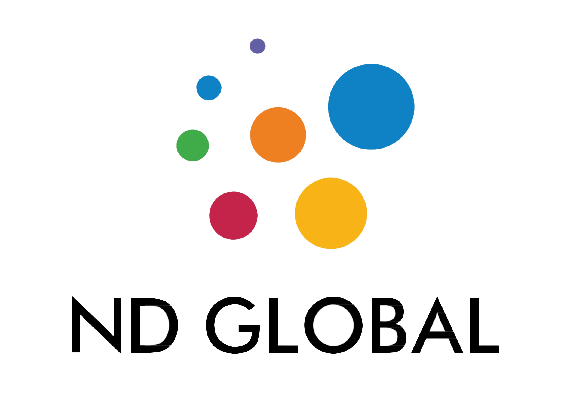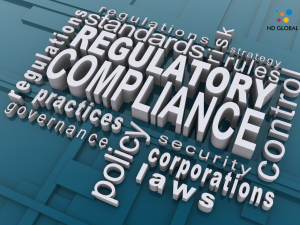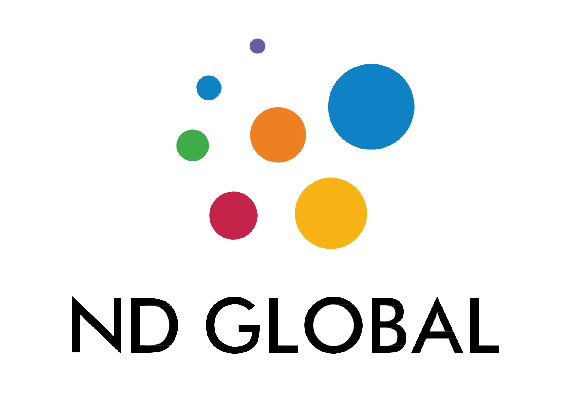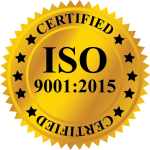Introduction: Protecting and promoting the general public’s health and safety, including healthcare provision, is one of the government’s fundamental duties. A functioning healthcare system requires readily available, reasonably priced, safe, and effective medical products of reliably high quality. One of the industries with the most regulations is the medical products sector. Due to the diverse range of medical products’ effects on health, the difficulty in evaluating their performance, efficacy, and safety, and the complexity of their creation, production, distribution, and monitoring. Most regulatory standards offer a framework, but device developers are responsible for implementing it. To design, produce, and distribute devices that adhere to the quality system standards, manufacturers must establish requirements for each type or family of devices that will lead to the production of safe and effective products.
Best Practices for Maintaining Compliance in the Medical Device Industry:
- Appointment of a Compliance Officer – A person overseeing compliance can significantly aid in ensuring that business practices adhere to all legal and moral requirements. Such a leader can assist in identifying areas of non-compliance, lead initiatives to support compliance and oversee results. Compliance is a concept that needs to be accepted by the entire organization. Because of this, it is a good practice for the compliance officer to collaborate with a committee of representatives from various hospital departments and facilities in larger organizations. A compliance officer, for instance, might collaborate with professionals in clinical expertise, health information management, and medical billing. Such a compliance committee must meet regularly. This committee should conduct internal audits and collaborate with the compliance officer to find areas for improvement. This will make it more likely that efforts are made to improve compliance and that chances for improvement are taken.
- Create policies and procedures – Having written policies and procedures ensures consistent compliance. An official document, like a compliance handbook, may formally describe these. All staff members should have easy access to these policies and procedures, outlining standards of conduct in all risk areas. The approach to compliance taken by the entire organization should be based on these standards. They should contain comprehensive rules that lay out criteria for both staff and leadership. This offers compliance officers and committees a framework for conducting audits and putting best practices into place while also giving staff and leadership the information they need to help them stay compliant.
- Prioritise patient privacy – No matter the size, patient privacy is a top compliance concern for healthcare facilities. Ensure the facility has a comprehensive privacy policy covering the entire facility. The guidelines should cover everything from using low-key tones when delivering sensitive information to ensuring emails, voicemails, and physical mail don’t contain PHI. This policy should always be applied, and patients should be fully aware. This is crucial to remember as facilities move to implement more effective electronic practices in their buildings, like tablet-based systems and digital intake forms. These systems must have a secure network to continue adhering to legal privacy requirements. A fully digital system can raise privacy issues, but one way to deal with this is to allow or, in some cases, require patients to complete online intake forms before their visit. The need for patients to have quick, unrestricted access to their health information should be balanced with the importance of privacy in any case.
- Staff Training Is Essential – Staff education is the cornerstone of any hospital compliance effort. Compliance will only be possible with effective training and education initiatives. Not only should your staff know what is expected of them regarding behavior and technical compliance, but they also need to understand why compliance is necessary and crucial. Knowing that employees are one of the many parties with an interest in the smooth operation of the company can help employees work more productively towards compliance objectives. Training should include both general instruction and more narrowly focused instruction when necessary for each employee’s role. Additionally, resources should be available so staff members can review their compliance obligations whenever necessary.
- Implementation of quality management system – An electronic Quality Management System (eQMS) that automates processes and makes adhering to rules and ISO standards easier while improving manufacturing effectiveness, product quality, and time to market. A QMS gives a company the tools to meet customer needs, accelerate change, and safeguard its reputation. It enables the manufacturer to showcase best practices in governance, risk, and compliance.
Conclusion: Maintaining compliance in the dynamic and highly regulated medical device industry is a critical endeavor that safeguards patient safety, upholds the integrity of healthcare systems, and fosters trust in the products and services provided. The best practices outlined by regulatory experts serve as guiding principles for medical device companies, ensuring adherence to legal requirements, quality standards, and ethical considerations. Innovation, patient well-being, and regulatory rigor shape the medical device industry. Adhering to best practices for compliance ensures legal conformity and fosters a culture of integrity, safety, and continuous improvement. By embracing these practices, medical device companies contribute to improving global healthcare and reinforce their role as trustworthy partners in delivering safe and effective medical solutions.
How ND Global can help: ND Global has years of experience and has handled a number of projects after thoroughly understanding the client’s requirements. Here is how we can help:
- Regulatory Expertise
- Compliance Officer Appointment
- Policy and Procedure Development
- Patient Privacy Policies
- Staff Training Programs
- Quality Management System (QMS) Implementation
- Audit and Review Support
- Regulatory Documentation Assistance
- Continuous Regulatory Monitoring
- Customized Compliance Strategies










